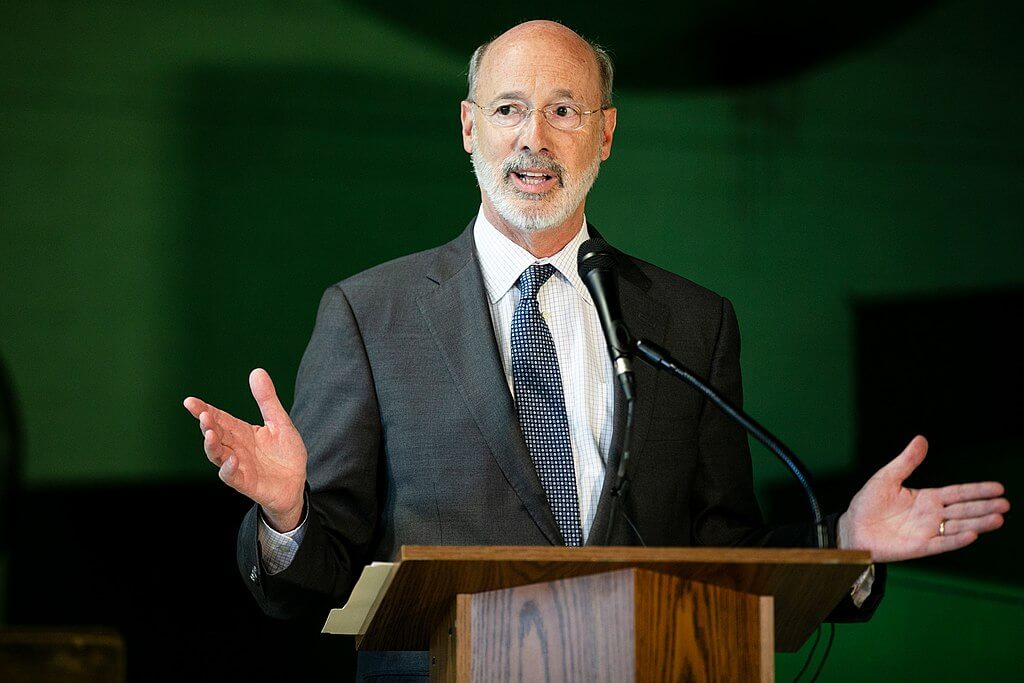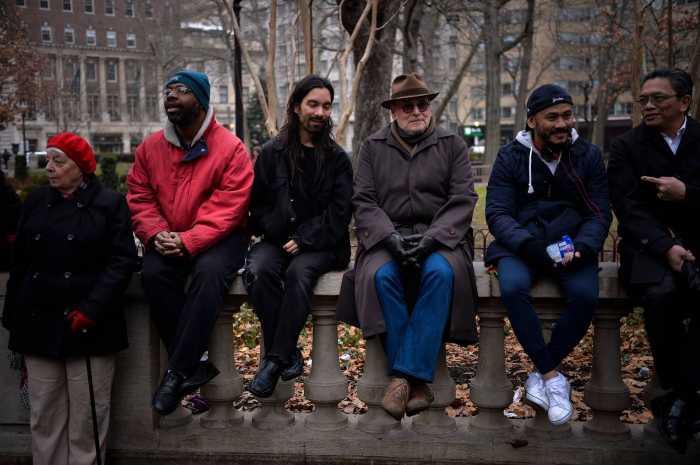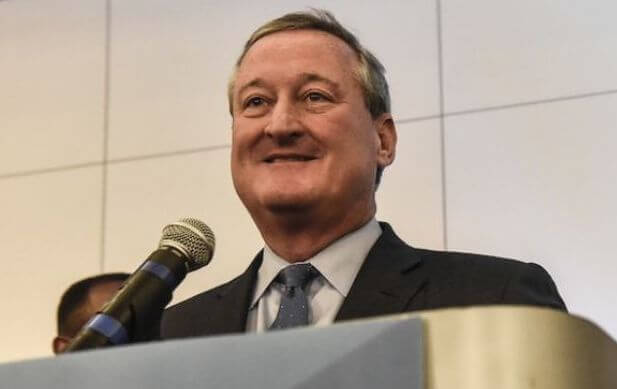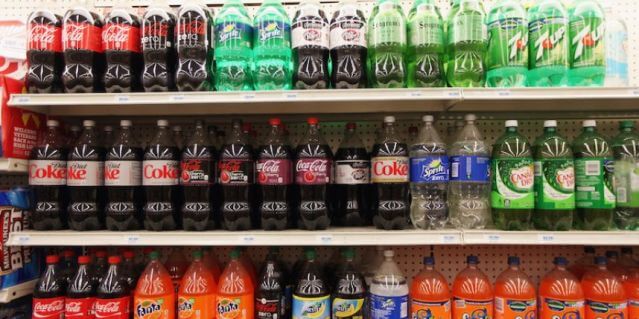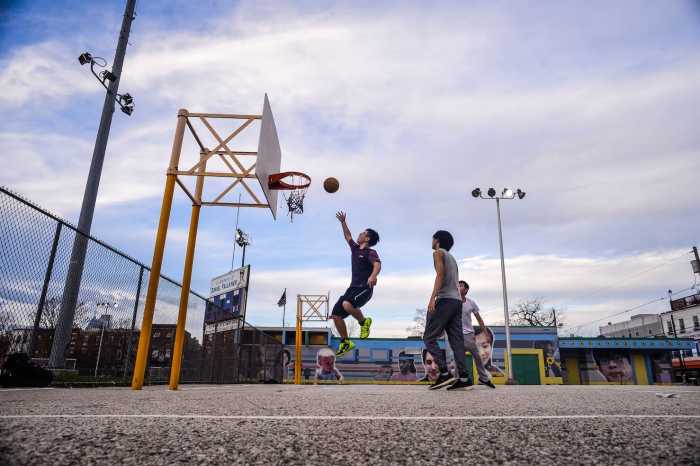Gov. Tom Wolf called on state lawmakers Tuesday to legalize recreational marijuana to help fund Pennsylvania’s COVID-19 recovery.
Levies on the sale of marijuana would fund grants for small businesses impacted by the pandemic and “restorative justice programs,” Wolf said. It would also involve an effort to pursue reforms for people already convicted of offenses involving the drug.
Medical marijuana is currently legal in Pennsylvania, but its sale and use recreationally remains prohibited, though possession of small amounts has been decriminalized in Philadelphia.
It’s far from a done deal, as the governor has clashed frequently with Republicans who control both sides of the state legislature.
Wolf announced the move as part of his fall legislative agenda, which incorporates $225 million in grants and forgivable loans for businesses, in addition to $100 million specifically for the hospitality and service industries.
His plan also includes $200 million for utility relief and rent assistance; $225 million to grant more than 200,000 frontline workers with an extra $3 an hour in hazard pay; and $10 million to reimburse businesses for personal protective equipment, among other initiatives.
In addition, he proposed cancelling or significantly reducing the alcohol tax for six months to help struggling bars and restaurants.
House Majority Leader Kerry Benninghoff called the plan “unaffordable” and said it would put a heavy burden on taxpayers, while Senate Majority Leader Jake Corman characterized the agenda as a political document.
Wolf, in a statement, said house and senate Democrats have been stymied by Republican leadership since the beginning of the pandemic.
“That must stop now,” he added. “If we want our economy to become strong again, the legislature needs to take action now.”
Mayor Jim Kenney, during an afternoon press briefing, expressed support for legalizing recreational marijuana.
“We’ve been saying that for years,” he said. “There’s no reason why recreational marijuana should not be in the same category as vodka, gin and whiskey.”
City leaders reported 85 new COVID-19 cases and zero deaths Tuesday, and transmission of the virus has hit its lowest levels since the very early stages of the pandemic.
The weekly average for new cases is 98 per day, the first time it has been under 100 since April, Health Commissioner Thomas Farley said. The positive test rate is also at a record low, 3.4%.
Most people who are being tested are getting their results back much more quickly. Farley said the average turnaround time in the city is 1.3 days.
Indoor restaurants and theaters are still on track to be allowed to reopen with restrictions Sept. 8, he said.
In other COVID-19-related news, officials shared information Tuesday about how families can sign up for two programs aimed at aiding students starting the school year virtually.
Applications have opened for Access Centers, supervised sites where parents can leave their children to complete online classes.
The program is debuting with 32 sites and 800 slots, with plans to eventually expand to serve 2,500 students, Deputy Mayor Cynthia Figueroa said. Forty centers will be added during the second phase of the initiative.
Just under 200 families have applied since the application period opened earlier this week, and 100 have been identified as eligible, according to Figueroa.
The Access Centers are for free for students in grades K-6 and will open Sept. 8. Parents who work outside the home and cannot afford childcare will be prioritized.
For more information, go to www.phila.gov/accesscenters.
Figueroa said families whose only issue is internet access are being directed to PHLConnectED, a recently announced program that aims to connect 35,000 households for free.
A 24-7 hotline has been established in conjunction with the United Way to answer questions and get people signed up.
Parents and caregivers who do not have at-home connections or just have mobile internet can call 211 and press option 1 to receive information about PHLConnectED.
Philadelphia public and charter schools began an effort this week to reach out to households who have already been identified as lacking internet access to get them hooked up, officials said.
Most students in Philadelphia will start school Sept. 2.



